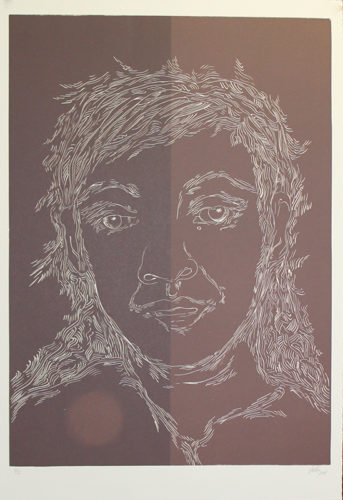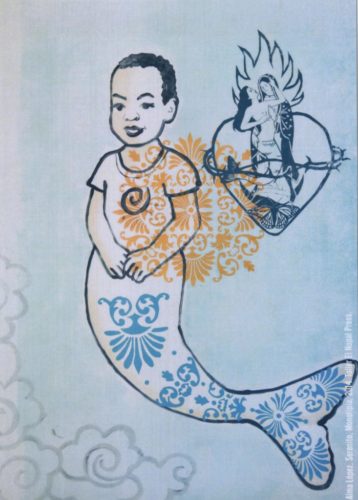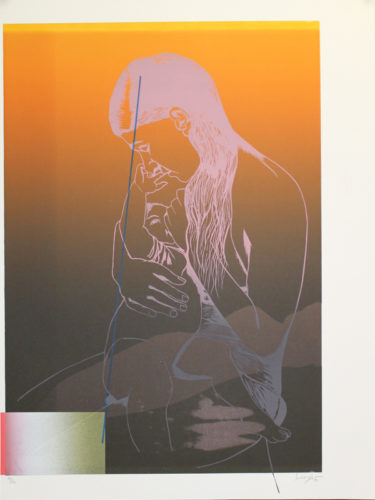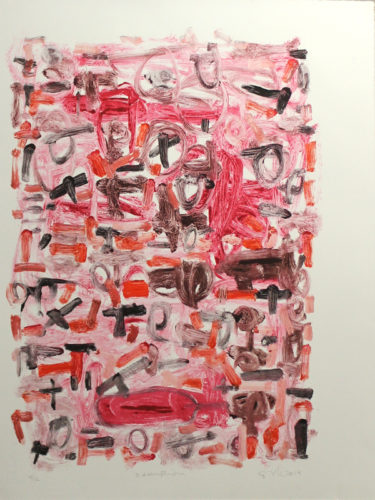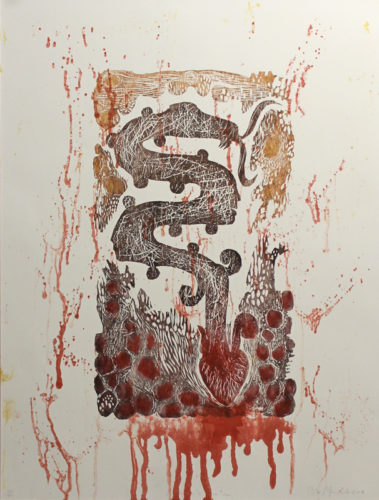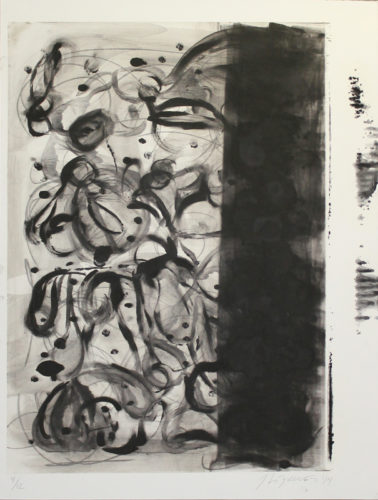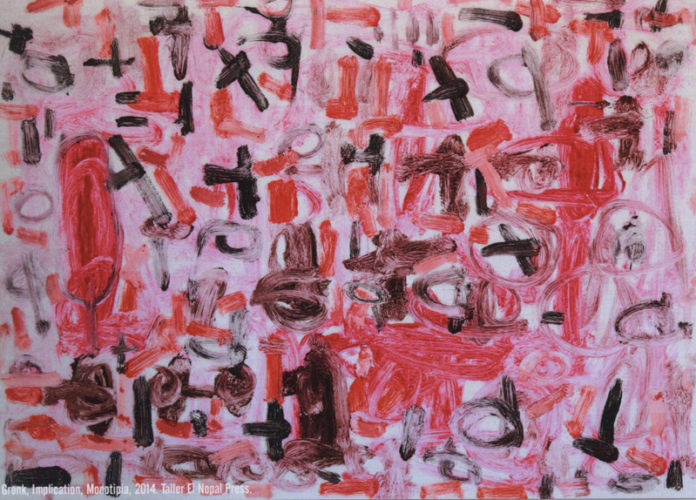Our work on the theme of The Global Midwest has its genesis in a collaborative research grant from the Humanities Without Walls consortium (HWW), part of the Illinois Program for Research in the Humanities (IPRH) at the University of Illinois at Urbana-Champaign, and generously funded by the Andrew W. Mellon Foundation. The co-principal investigators are Alex E. Chávez and Gilberto Cardenas, both at the University of Notre Dame. The main focus of our research is to rethink “the Midwest as a key site—both now and in the past—in shaping global economies and cultures” from a Latina/o and Latin American perspective. In exploring visual arts and aesthetic practices in what we term the Latina/o global midwest, our cross-institutional working group includes scholars from the University of Notre Dame; University of Illinois at Chicago; University of Nebraska-Omaha; Ohio State University; University of Minnesota Twin Cities; and University of Dayton.
El Nopal Press
ENP is a limited-edition publishing house dedicated to expanding the idea of the border in order to explore the heterogeneous nature of cultural production. Among independent fine arts presses guided by the collaborative spirit of artist and enterprise, El Nopal Press is distinguished by its focus on the work of artists who explore the complex cultural relationships that exist between Mexico and the United States regarding border issues. More specifically, the ideas brought forward through the work of ENP have more to do with a conversation concerning the idea of the border rather than its physical manifestation as a cartographic phenomenon, economic and social barrier, or a penetrable boundary. As participants in an alternative dialogue that extends well beyond the creative mainstream, the artists of El Nopal vivify and expand the complex intercultural exchange between these two countries. In fact, the images produced by El Nopal are key elements in this discourse, and are numbered among its signifiers, those representations that speak through pictures instead of words.
Segura Arts Studio
Joseph Segura founded what was to become the Segura Publishing Company in 1981, in Tempe, Arizona. The studio played an important role in contemporary printmaking with an initial focus on collaboration with artist-printmakers and on the print process. What followed was an emphasis on artists whose work had social and political messages. Segura was drawn to working with marginalized artists: Women, African-Americans, Latinos, and Native Americans. Providing artists access to a medium and a way to share their ideas with a wider audience was central to the mission of the studio.
Upon an invitation from the University of Notre Dame, Segura relocated to South Bend, Indiana. Segura worked long and hard for the recognition of marginalized artists and felt strongly that this effort must continue. This brought the mission to the community in South Bend. The studio’s published works are archived with the Scottsdale Museum of Contemporary Art in Scottsdale, AZ, and The Snite Museum of Art at the University of Notre Dame.
The studio continues to invite activist artists, bringing their work to the community and emphasizing not only the importance of collaborative practice, but of activism and education. Now with a new generation of activist artists in the studio, this conversation continues. Providing artists access to a medium and a way to share their ideas with a wider audience remains central to the mission of the studio, as is the placement of this work in museums and collections where it will be seen by a broader public and continue to influence contemporary culture.
Print Project
This project reflects the unique and innovative directive from the consortium of “collaborative research, teaching, and the production of scholarship in the humanities forging and sustaining areas of inquiry that cannot be created or maintained without cross-institutional cooperation.” Most of the research featured is a result of work in conjunction with a working group on Border and Transnational Migrations, which is involved in a multi-year project involving four Latina/o print studios who are working with twenty-four Latina/o artists to create mono prints. The mono prints address issues of transnationalism, including El Nopal Press and the Segura Arts Studio (see below for further info). Furthermore, these works were incorporated into a traveling exhibition program that included concurrent dialogue sessions pertaining to borders and transnationalism as part of the Humanities Without Walls research consortium.
